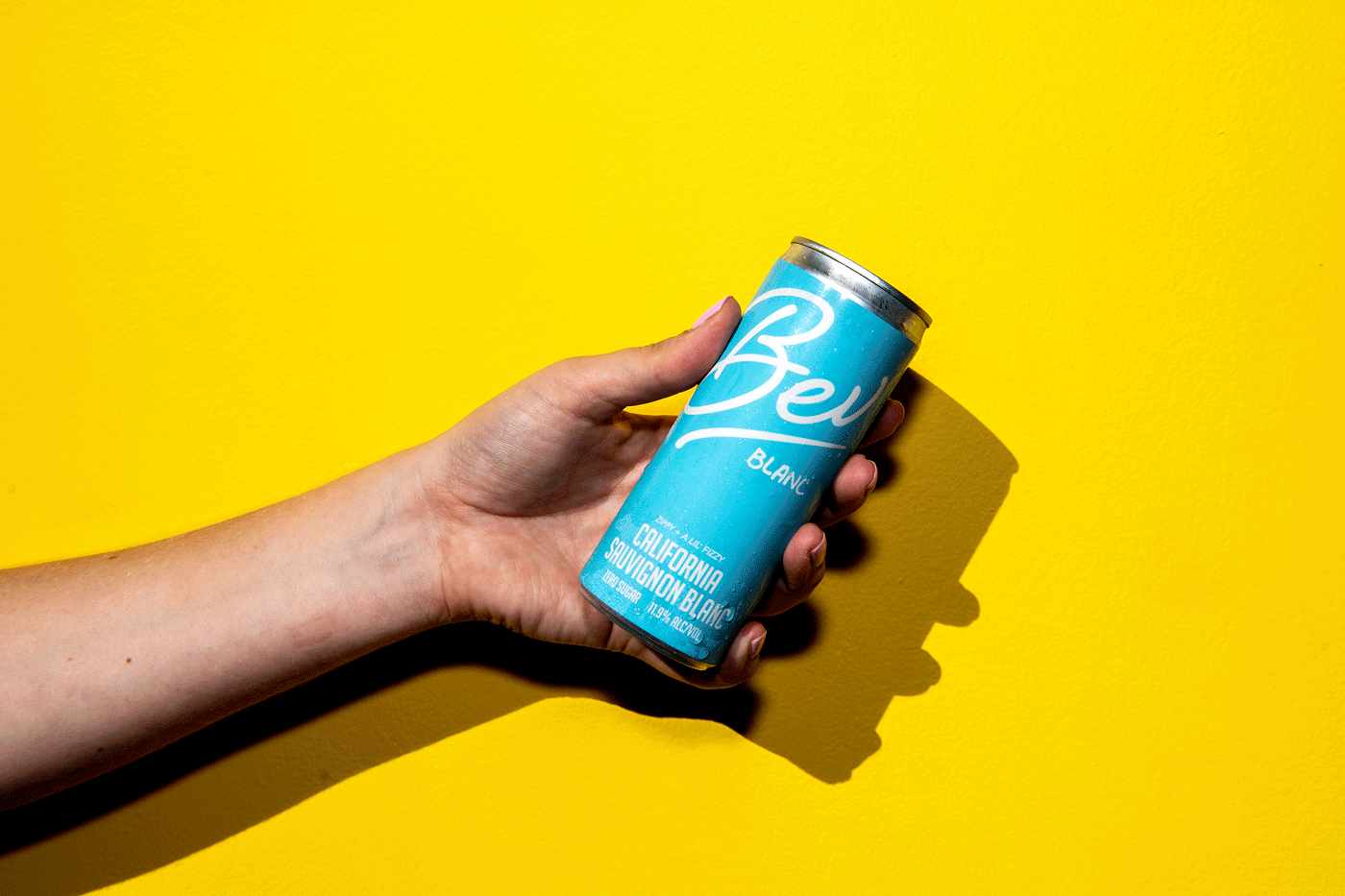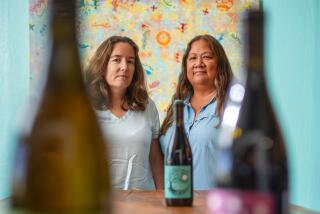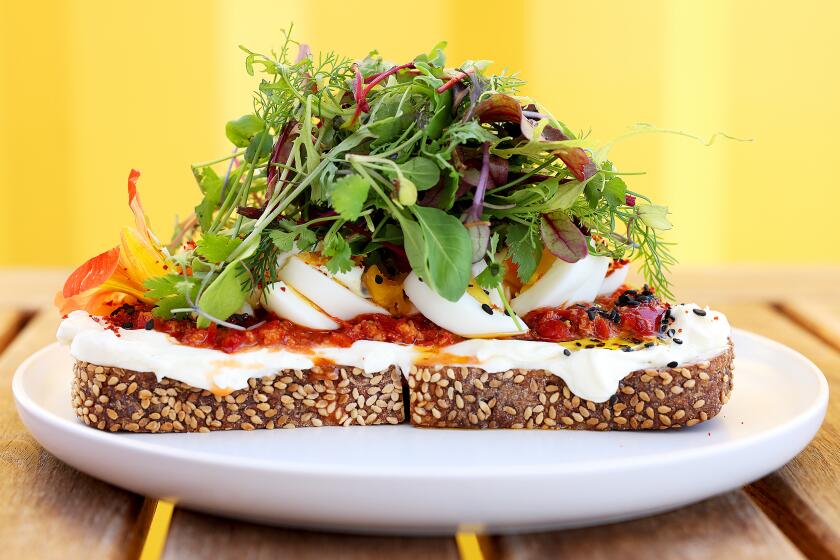When it comes to canned wine, these sisters love to break the rules

Half-sisters Robin and Andréa McBride didn’t meet until 1999, when Robin was 25 and Andréa was 16. Though they shared a father, they had grown up on opposite sides of the globe — Robin in Monterey and Andréa in Marlborough, New Zealand. Their shared passion for wine soon led them into the wine business, first importing wine from New Zealand to the U.S. and then making their own. Today, their co-founded McBride Sisters Collection is the largest Black-owned wine company in the U.S.
“Because people come from so many different backgrounds, cultures and experiences, we don’t take a one-size-fits-all approach,” said Andréa. “And we love to break the rules. That’s why we put premium wines in a can.”
The sisters started with bottled wines in 2009. In 2019 they expanded into canned wines with She Can in 375-ml cans. Described as “wines that go anywhere for the woman going everywhere,” She Can wines come in Fresh White, and California Rosé, plus rosé-based Coastal Berry and Island Citrus spritzers.
McBride Sisters’ Black Girl Magic, one of its premium bottled wines, now comes in cans as well. “While our She Can wines are perfect for summer barbecues, our Black Girl Magic Bubbly Red canned wine you could drink for a holiday toast,” Robin said. “Our canned wine customers also appreciate the opportunity to be a little promiscuous — to change it up every night. They don’t have to commit to an entire bottle and instead can experience new flavors, wherever their mood takes them.”
The pandemic — and a need to be outside — have spurred sales of canned wines.
In 2019, the sisters launched the She Can Fund to support the career advancement and professional development of women, and in 2020 raised $330,000 to help Black- and women-owned businesses survive the pandemic. This year they have committed $100,000 of the profits from the sales of She Can wines to their #YesSheCan2021 initiative.
“The money will go towards scholarships for women in the areas of wine and spirits, finance and hospitality, traditionally male-dominated fields, with an emphasis on graduates of historically Black colleges and universities,” said Andréa. “We are committed to helping close the gender and race gap.”
More to Read
Eat your way across L.A.
Get our weekly Tasting Notes newsletter for reviews, news and more.
You may occasionally receive promotional content from the Los Angeles Times.











